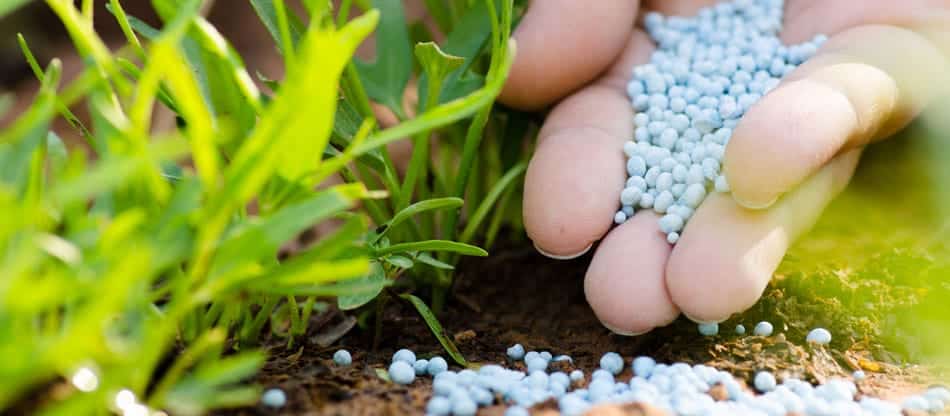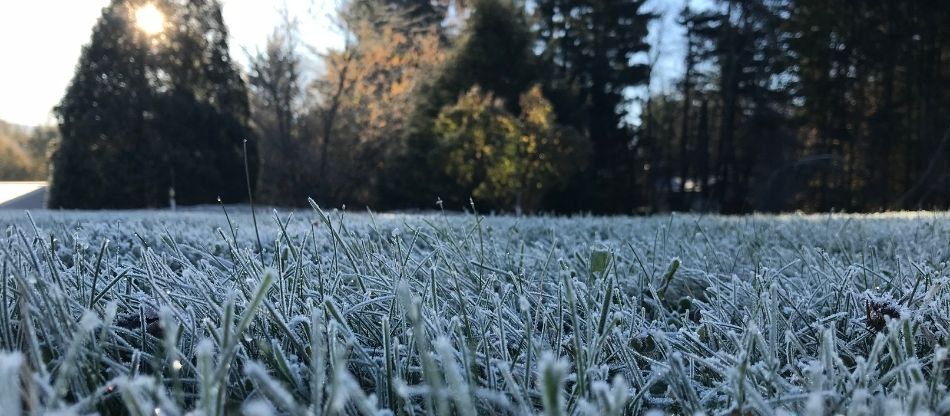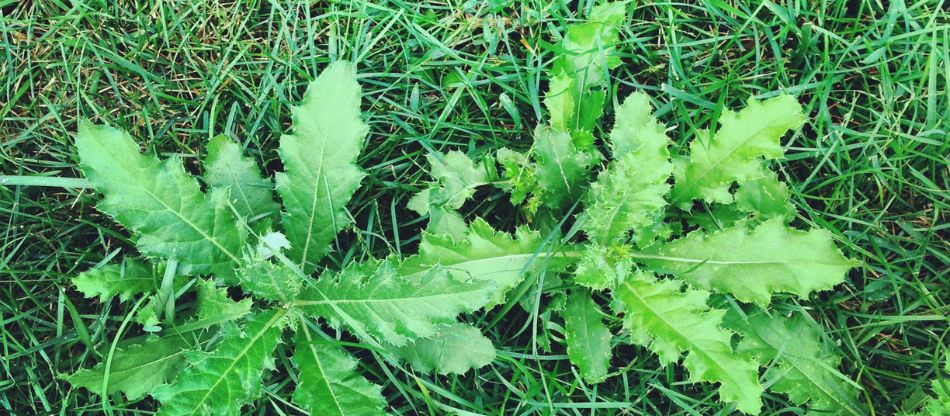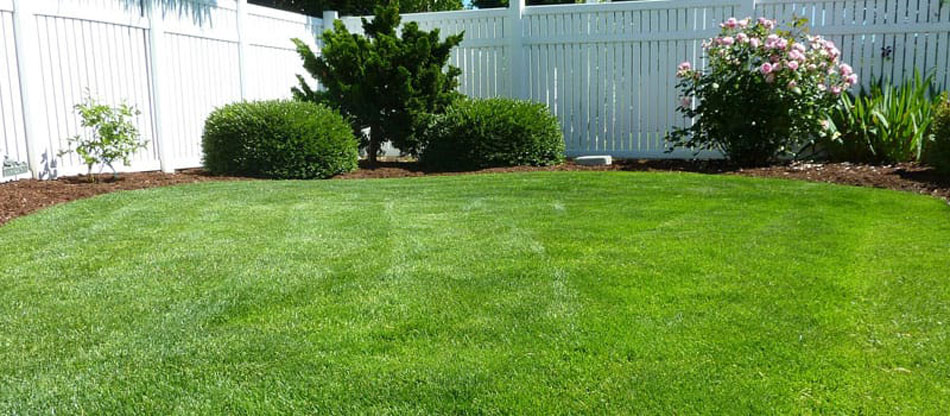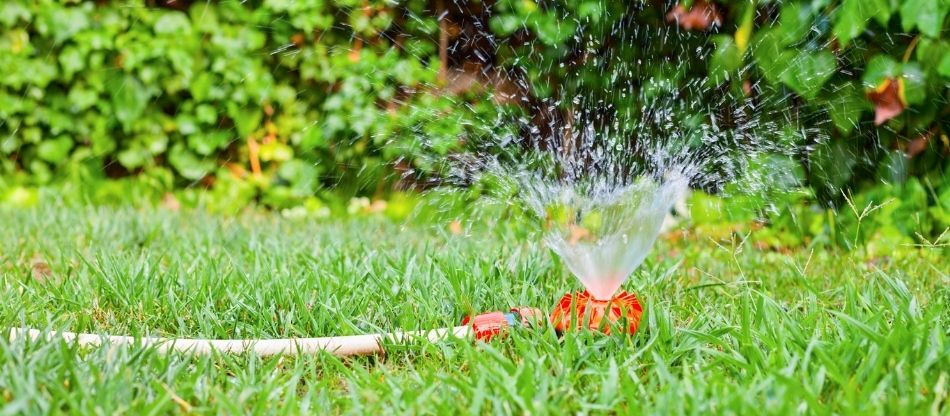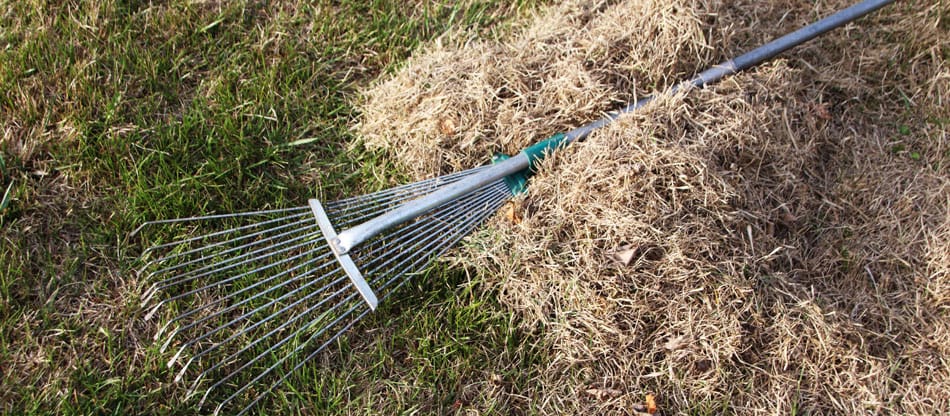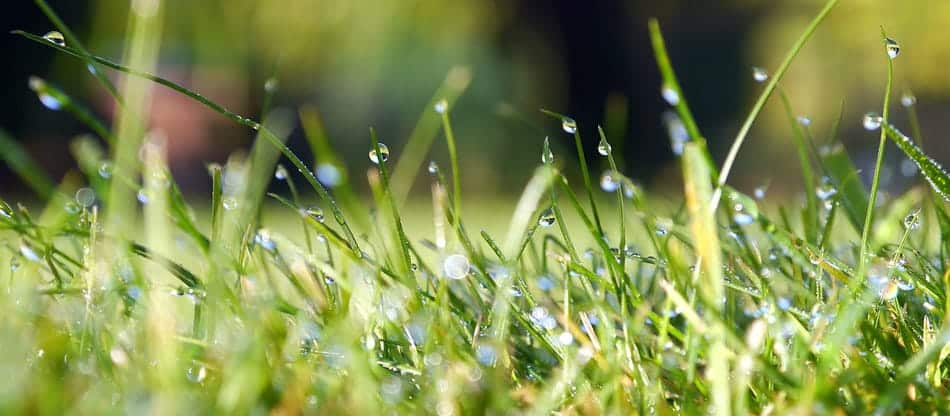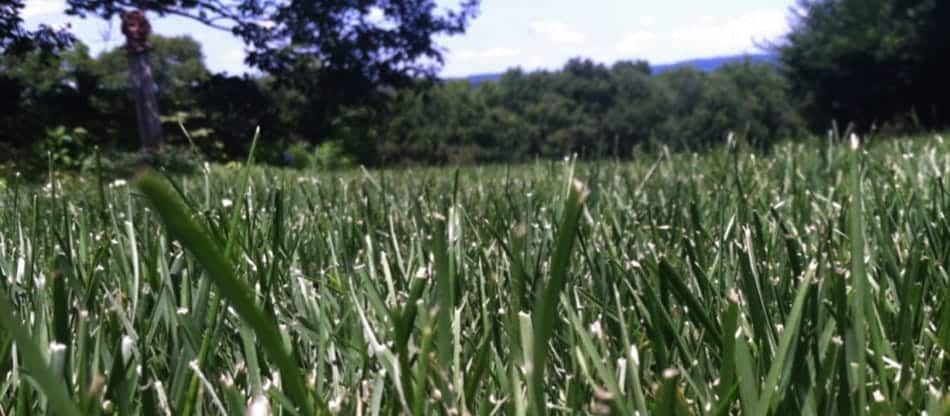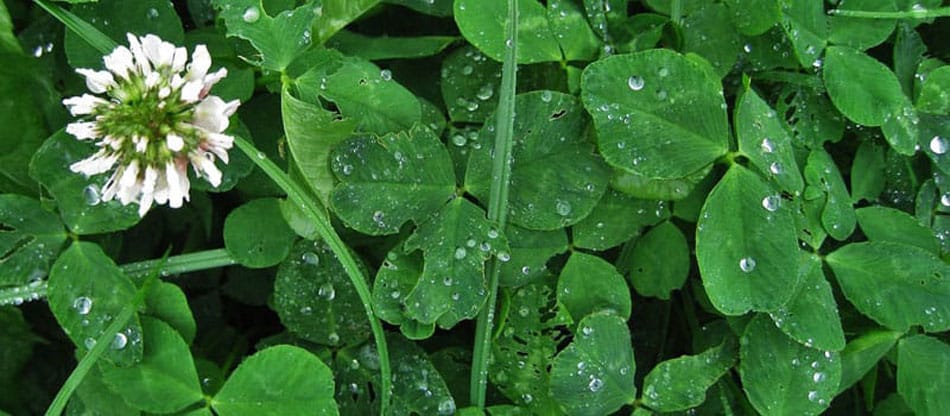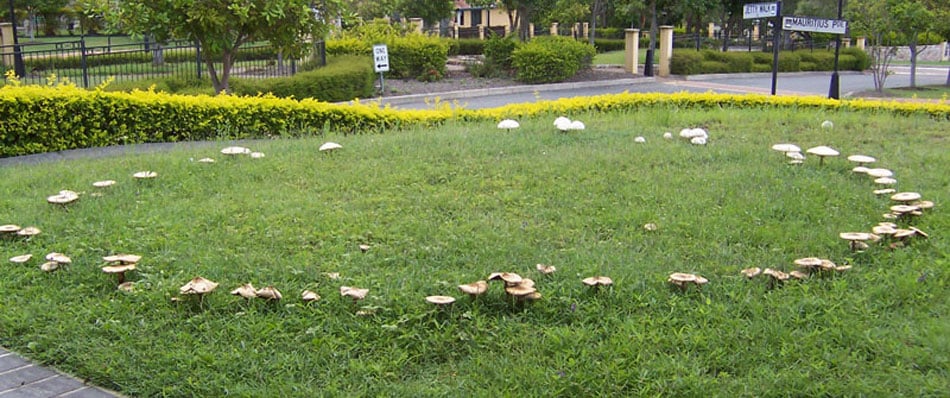Organic Lawn Care
Thatch, clover, mushrooms, grubs, weeds, brown spots - what causes them and what should you do? We share details on common lawn issues, fertilization options, turf types, mowing techniques, and overall lawn care, with a focus on organic options that are better for your health and the environment.
8 Ways to Create a Pet-Friendly Yard
These tips will help you keep your pets safe from harmful and toxic plants, chemicals, landscape materials, wildlife, and other hazards on your property.
Read More NJ Fertilizer Law – How It Applies To You
In 2011, New Jersey enacted a law that governs the application of phosphorus and nitrogen fertilizer in the state of New Jersey. This law applies to both homeowners and landscape contractors. Here are the details you need to know.
Read More Control Lawn Weeds Organically: Core Aeration & Overseeding
Good fall lawn care sets your lawn up to be its healthiest next spring. Growing thick, dense grass is your best offense and defense in naturally crowding out and controlling weeds.
Read More Winter Lawn Damage FAQs
Learn what causes winter lawn damage in NJ & PA and how to prevent it for a better-looking lawn next spring.
Read More How to Control Lawn Weeds Organically
Lawn weeds are indicators of soil conditions, nutrient problems, and poor cultural practices. If you look closely, there are likely many different species of weeds that are now actively growing in your lawn, each telling you something specific/different. Here are some of the key things to look for and address.
Read More What’s the Best Lawn Grass for Central NJ and Eastern PA?
For all-round performance, we recommend tall fescue (Festuca arundinacea) as the best lawn grass for homeowners in eastern Pennsylvania and central New Jersey. This cool-season lawn grass is quick to establish and easy to grow in our area, and no other lawn grasses for the region can compete with its adaptability and resilience.
Read More Summer Lawn Watering Tips for New Jersey And Pennsylvania
Homeowners often water their lawns incorrectly in summer, causing lasting damage. Follow these summer lawn watering guidelines to help your turfgrass to stay green and vigorous until cooler temperatures arrive in fall. Plus, learn how to help it recover from summer damage.
Read More Dealing With Thatch Buildup in Lawns
Thatch is one of those turfgrass issues where a little is good for the lawn, but too much causes problems. A thin layer of thatch actually helps reduce wear and tear and can increase the life of your lawn. But when thatch is allowed to build up to more than ½-inch thick, it provides a…
Read More What Is Organic Lawn Care & How Does It Work?
What does “organic” mean when it comes to lawn care? Is organic lawn care better than conventional/synthetic lawn fertilization, weed control, and pest management? What does it really take to “do organic” properly? And why does it cost more?
In this article, we answer those questions and more about organic lawn service.
Read More Control Lawn Weeds Organically, Part 2
Lawn weeds appear in your lawn because of soil conditions, nutrient problems and poor cultural practices. Some very simple things that will provide huge benefits in growing a healthy lawn are proper mowing and watering habits. Here's how to do it right.
Read More Clover in the Lawn – Good or Bad?
Ever wonder why clover seems to grow better in your lawn than the grass does? It's likely due to one of these 5 easily-corrected lawn care problems. But don't be too hasty - there are many reasons why you may want to just leave it right where it is!
Read More Mushrooms In The Lawn? Could Be A Fairy Ring
We have received several questions this summer about mushrooms growing in your lawns. If you've noticed any it's probably a fairy ring. But what causes these strange rings, and what can you do if you spot mushrooms in your own lawn?
Read More Organic Lawn Care Resources
Request a Free Quote
Click to get started with your seasonal tree, shrub, or lawn program.


